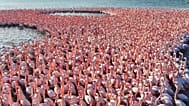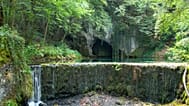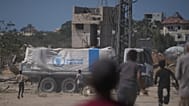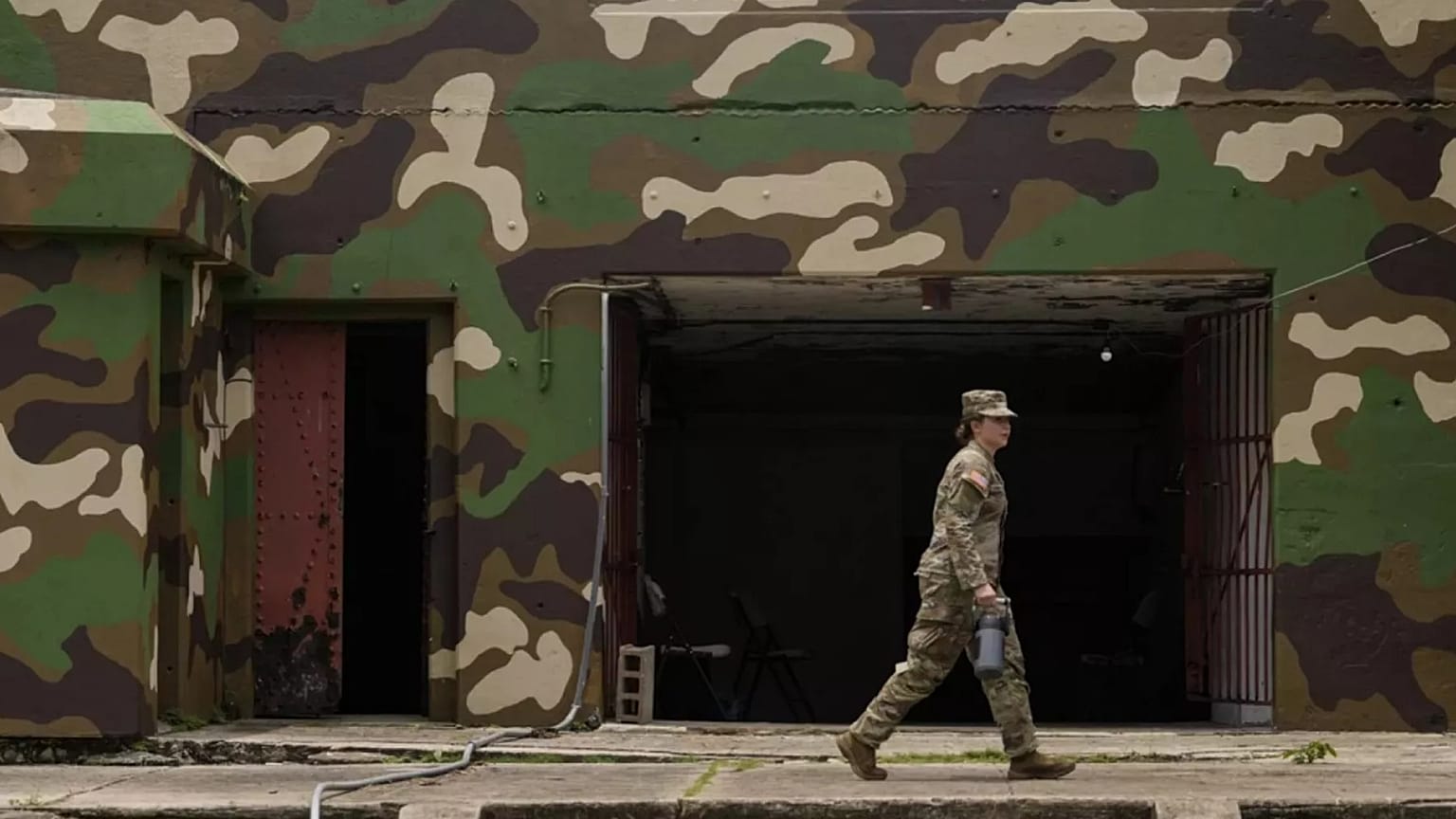The US president confirmed the attack, citing intelligence on narcotics trafficking. This marks the fifth strike since September, totalling 27 deaths.
 ADVERTISEMENT
ADVERTISEMENT
The US has struck another boat suspected of transporting drugs off the coast of Venezuela on Tuesday, killing six people and bringing the reported number of deaths in such strikes to 27.
In a post on his Truth Social platform, US President Donald Trump confirmed the hit took place on Tuesday morning, saying that his Defence Secretary Pete Hegseth had ordered the “lethal kinetic strike”.
Trump said “intelligence confirmed the vessel was trafficking narcotics” and “was associated with illicit narcoterrorist networks”. No further evidence was provided.
As he has done with similar incidents in recent weeks, Trump also published a video showing a small boat exploding after being hit by a projectile.
It is the fifth known strike conducted by the US since early September as part of its crackdown on drug smugglers in the region.
The US has not released information about the identity of those who have died in the attacks. It has also not said what the boats were carrying or where they were heading.
A leaked memo sent to Congress recently revealed that the US government sees itself as being involved in a “non-international armed conflict” with drug cartels.
Motion to stop the strikes fails
Last week, a motion to prevent the Trump administration from conducting the strikes without congressional approval failed to gain enough votes in the Senate.
Democratic Senator Adam Schiff, of California, who pushed for the resolution, warned on X that the US should be careful.
“These continued strikes, 27 killed to date, risk getting the US into a full-fledged war,” he said.
Meanwhile, James Story, the former US ambassador for the Venezuela Affairs Unit from 2018 to 2023, expressed fears that the strikes would be counterproductive, noting that they would “hurt our ability to gather intelligence” from allies like Colombia, who have criticised its actions in the Caribbean Sea.
“If they believe that the intelligence they provide us will result in what some could describe as an extrajudicial killing ... that puts us in a pretty bad spot,” Story said.
“It puts us in contravention with international law and it undermines our ability to work in the hemisphere,” he added.
Members of the Trump administration, including Vice President JD Vance, have dismissed allegations of extrajudicial killings.
The first US attack against alleged drug traffickers killed 11 people on 2 September, followed by further strikes on 15 September, 19 September and 3 October.
Venezuelan President Nicolas Maduro has repeatedly accused the US, which has increased its military presence in the southern Caribbean, of attempting to remove him from power.
In August, Washington doubled a reward for information leading to Maduro’s arrest to $50 million (€43m).
The Trump administration has claimed the Venezuelan strongman leader has ties to drug traffickers, an allegation he denies.
Maduro cracking down on dissent?
Meanwhile, on Monday afternoon, Venezuelan human rights activist Yendri Velásquez and political consultant Luis Peche Arteaga were shot while leaving a building in the north of Bogota by two unidentified people waiting for them in a car.
It was not immediately clear who was behind their shooting. Colombian authorities said they were investigating the attack.
The hit-style shooting of two Venezuelan activists in Colombia's capital is fuelling fears among Venezuela's diaspora that a crackdown on dissent by Maduro is seeping beyond the South American nation's borders.
The two men were among an exodus of political opposition and civil society leaders who fled Venezuela after Maduro was widely accused of stealing last year's election, and the government detained more than 2,000 people, including human rights defenders and critics.
Recently, Venezuela has once again come roaring into the spotlight. Days before the attack, opposition leader María Corina Machado was awarded the 2025 Nobel Peace Prize by a committee elected by the Norwegian parliament.
The same day of the shooting, Maduro announced he was closing the Venezuelan embassy in Oslo in what is believed to be an act of retaliation.














